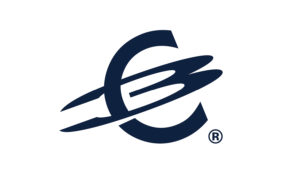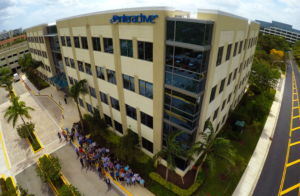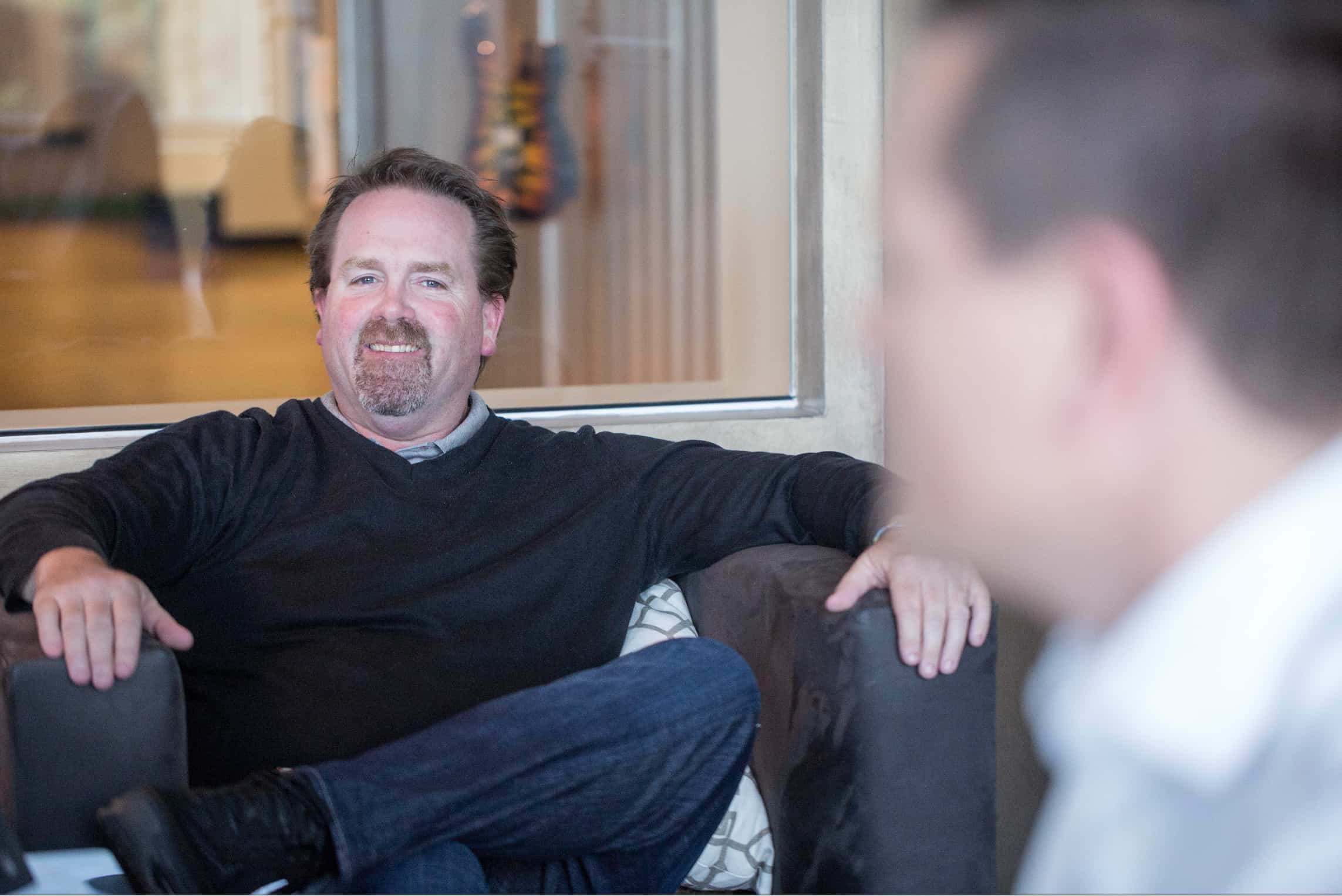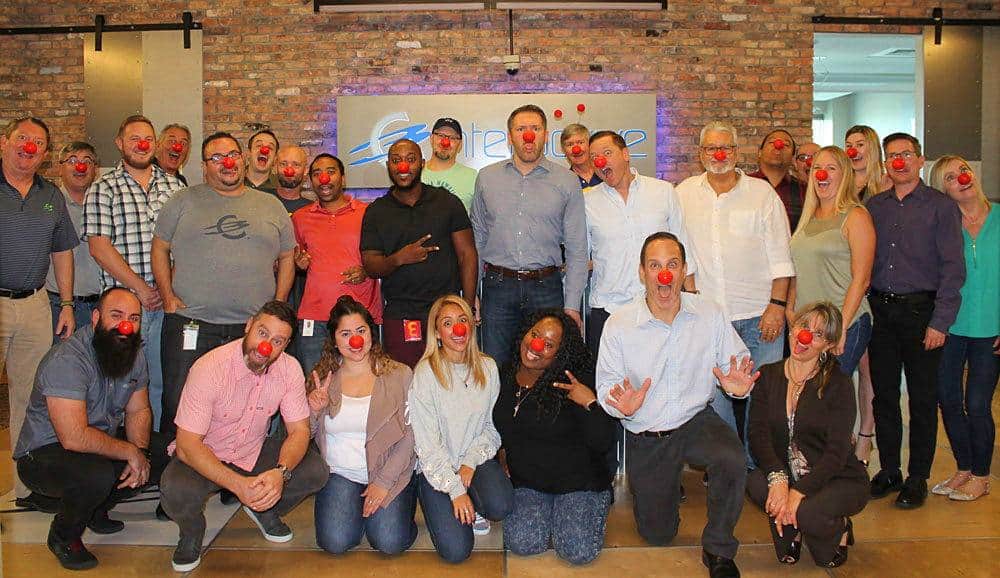 Business: 3Cinteractive is a mobile marketing company serving enterprise clients.
Business: 3Cinteractive is a mobile marketing company serving enterprise clients.
Headquarters: Boca Raton
Co-founders: John Duffy, Mike FitzGibbon, and Mark Smith
No. of Employees: 100
Company mission statement: “Each day we strive to inspire our clients, inspire each other and make a difference.”
For 3Cinteractive, leading the deployment of next-gen RCS messaging for brands and staying on the cutting edge of chat bot technologies, loyalty programs and multi-channel engagement strategies is just another day at the office. But the foundation of a great company is the culture.
 How do you build a great culture and then maintain it at a leading mobile marketing company 100-employees strong? We asked 3C CEO John Duffy about that, because in addition to racking up industry and business awards, 3C has been repeatedly recognized by the South Florida Business Journal, Sun Sentinel and Florida Trend as one of the best places to work.
How do you build a great culture and then maintain it at a leading mobile marketing company 100-employees strong? We asked 3C CEO John Duffy about that, because in addition to racking up industry and business awards, 3C has been repeatedly recognized by the South Florida Business Journal, Sun Sentinel and Florida Trend as one of the best places to work.
It all started with the commitment Duffy and his co-founders, Mike FitzGibbon and Mark Smith, made to each other about the kind of company they wanted to build. That was back in 2007, in the early, early days of mobile marketing.
“Before we opened our doors, we spent a lot of time thinking about what success looks like, what will make us happy, what is going to be sustainable, what are we working toward, and how will we measure ourselves along the way. And we came up with a series of principles.”
These were (1) being sustainable and not controlled by investors, (2) doing something important for a world-class client and (3) investing in a culture focused on the personal and professional development of its team.
“As our business grew, we decided to make repeating those principals part of every message we have in the organization: This is who we are, this is what we stand for and this is how you know whether this is the place for you.”
And of course it is important to practice what you preach, he said, and that starts from the top.
It’s the basis of all 3C’s decision making. When deciding whether to buy a competitor in 2017 – the go or no go discussion — they asked themselves if the integration goes badly will it jeopardize 3C’s sustainability? It wouldn’t. And even though the failure rate for integrations after mergers and acquisitions is high, the team members who would be most responsible for getting that work done saw it as a professional development opportunity and said they wanted to be part of a team that successfully identified, acquired and integrated a company into 3C. So it was a go, and it went very well, by the way.
And yes, culture affects the bottom line.
“For a company like ours in a competitive market and environment like South Florida and wireless, reducing churn is an extraordinarily important component of the bottom line. Every day we are doing at least one new thing, and all those learnings translate to future success. If all of that expertise and scar tissue is going out the door, that would be a challenge,” said Duffy.
“If we are a good place to work, it makes us a desirable place for the best people. If we maintain that, those best people will stay with us.”
That goes for customers too, he said. They value consistency of the team.
One of 3C’s best customers is Tracfone of Miami. 3C employees who work on 3C’s Tracfone support team are building a career of helping that customer — and in turn, helping both businesses solve problems and be successful, he said.
Here is some more advice from Duffy:
On building a top engineering team: “Create an interesting environment for building a great engineering team by giving them awesome problems to solve.”
On management style: Practice what you preach, be transparent with the team about the decisions the company makes and problems it faces, and be consistent.
On choosing customers: “For me, the higher the quality of the customer and problem, the more likely to create value. They aren’t mutually exclusive. … Let’s be proud of what we do and who we work for.”
On the flip side, Duffy said, “we will fire a customer that doesn’t treat us right.”
On recruiting talent: “We do the work before making the hiring decision so both parties understand what’s expected and what a cultural fit is. We understand who’s coming in and they understand what they are coming in to.”
“Personally what I get the most joy in professionally is seeing the most junior employee entering the company and succeeding.”
On building a board: “We have the luxury of choosing our board members; we aren’t controlled by investors or banks. I think diversity in thinking is key. If you get people who are qualified and competent, and have different perspectives and are empowered to challenge our thinking, then you’ve got an opportunity to do something special.”
Advice for young entrepreneurs: Agree in advance about what’s important and what success looks like.
“I see teams struggle when things are tougher than expected, and they always are, and the team comes apart because they haven’t built a sustainable plan to keep themselves together. Or worse, the team does very well, but they go in different directions because they didn’t agree in advance what’s important — someone wants to sell real quick, someone wants to build. You can’t solve for every scenario upfront but you can get the big picture things right.”


